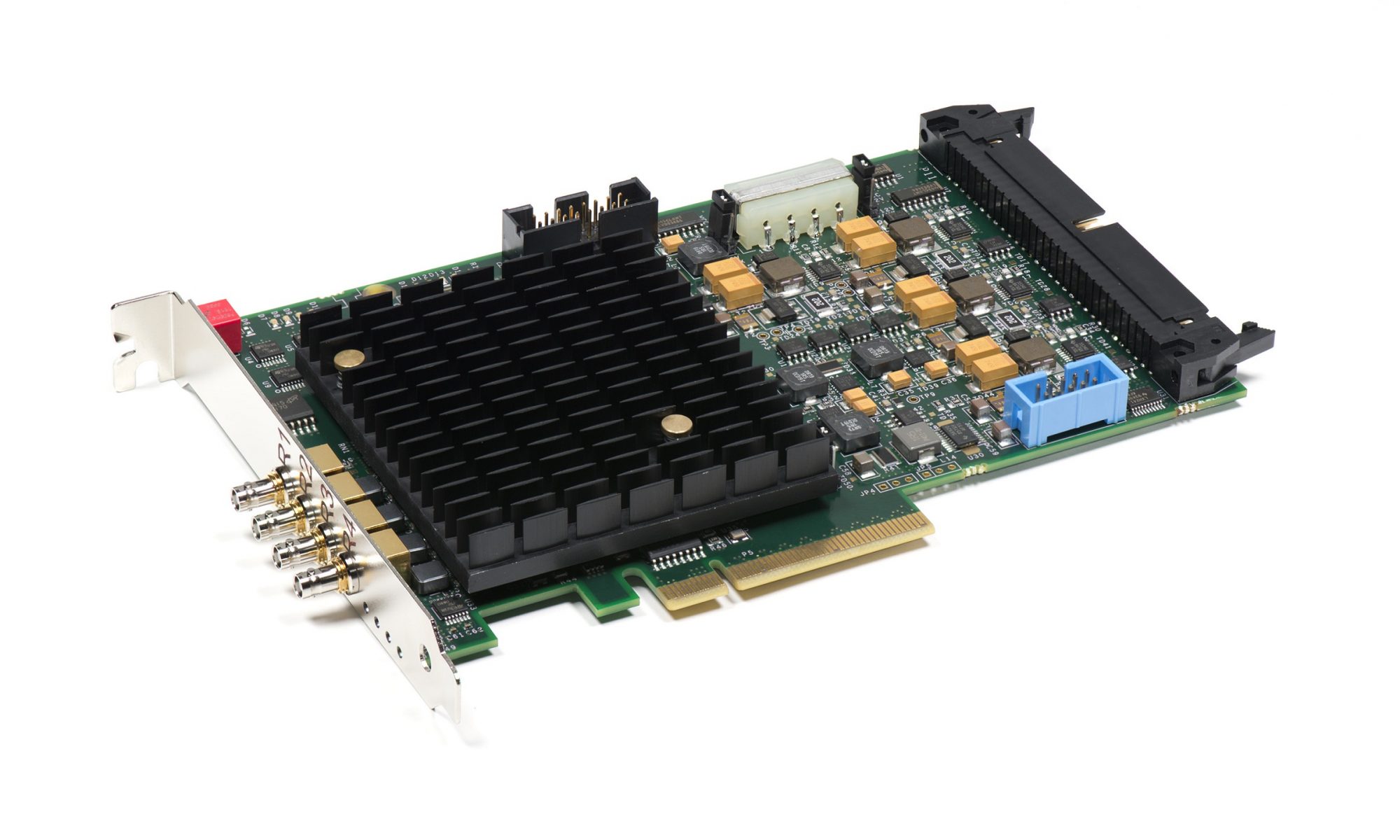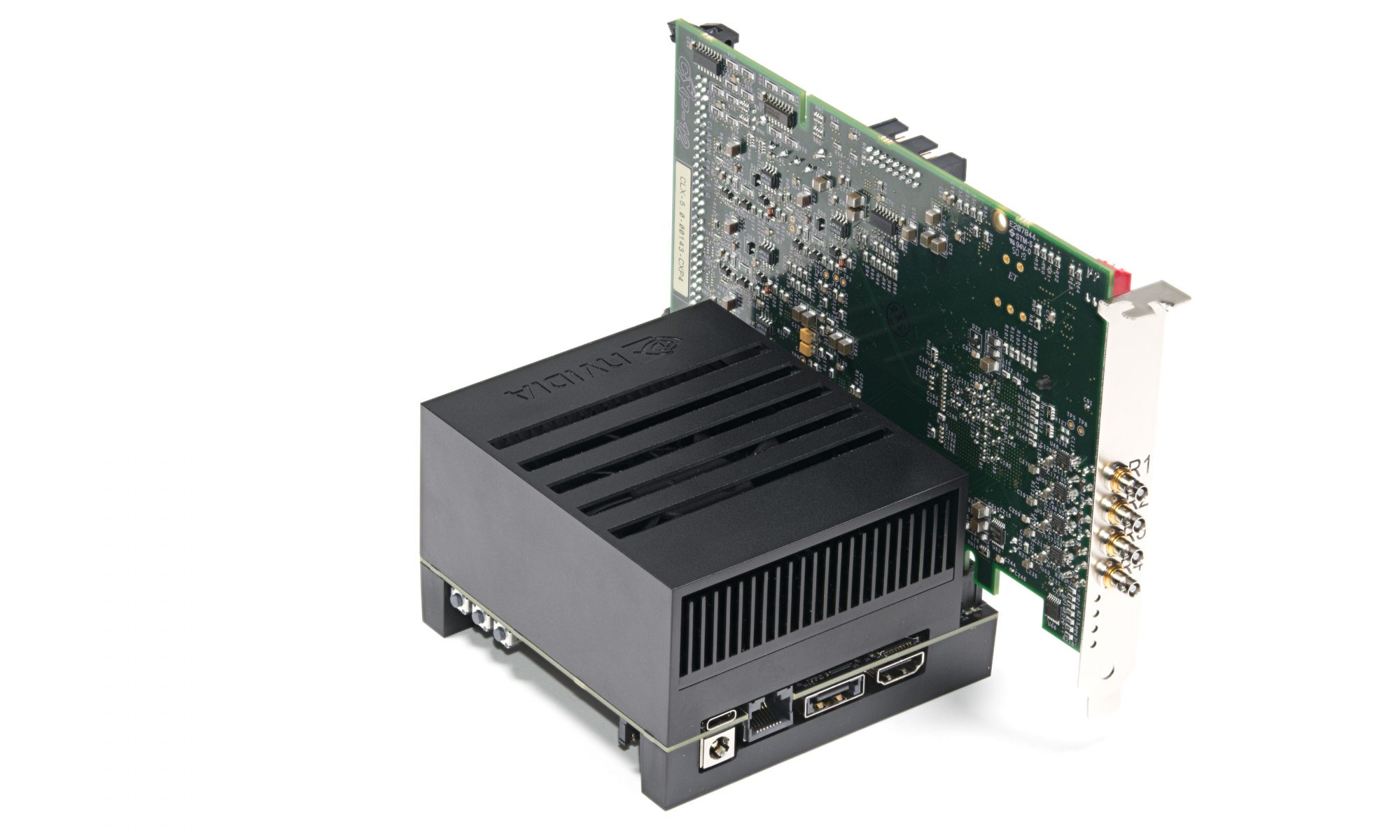New approach opens up dual mapping technology to broader cardiovascular research community
WOBURN, MA, OCTOBER 19, 2020 — Optical mapping is an imaging technique that measures fluorescence signals across a cardiac preparation with high spatiotemporal resolution. Optical mapping of transmembrane voltage and intracellular calcium is a powerful tool for investigating cardiac physiology and pathophysiology.
Researchers at the Sheikh Zayed Institute for Pediatric and Surgical Innovation, Washington, DC, recently introduced a novel, easy-to-use approach to optical mapping that requires only a path splitter, a single camera, a frame grabber and an excitation light to simultaneously acquire voltage and calcium signals from whole heart preparations.1 This cost-effective yet highly reliable system eliminates the need for multiple cameras, excitation light patterning, or frame interleaving, therefore aiding in the adoption of dual mapping technology by the broader cardiovascular research community, and decreasing the barrier of entry into panoramic heart imaging.
At the heart of the new system is a BitFlow four-channel frame grabber. It is used for imaging control and acquisition from an Andor Zyla 4.2 PLUS Scientific CMOS (sCMOS) camera acquiring images at 4.2 megapixels. A 10-tap CameraLink™ connection with a clock rate of 85 MHz was necessary to achieve the fastest frame rates possible. The researchers selected the BitFlow frame grabber in part because of its “2x” mode that shares DMA responsibility between two DMA engines, effectively doubling the frame grabber’s bandwidth and providing much needed headroom to DMA images from the camera continuously, regardless of system load. Because of the high data rate of acquisition — due to high spatial and temporal resolution and bit depth — an NVMe SSD disk was also essential for reducing data rate bottlenecks.
To achieve optimal results, an image splitting device is positioned in front of the sCMOS camera. A fixed focal length 17 mm/F0.95 lens is attached to the front of the device for experiments with rat hearts, while a wide-angle 6mm f/1.2 lens is used for pig hearts. To guide manual alignment, MetaMorph software from Molecular Devices overlays live images as contrasting colors or as subtractive grey scales to highlight misalignment. With this live feedback, images are quickly aligned using the “long” and “short” control knobs. After alignment, any standard image acquisition software can be used such as MetaMorph, μManager, or Solis. The acquired image includes two fields which can be separated using imaging software that includes automated tools.
The computer consisted of a Xeon CPU E3–1245 v5 3.50 GHz (Intel corporation), 32 GB of RAM, and a non-volatile memory express solid state disk (NVMe SSD, Samsung 960 Pro). Notably, the platform is composed entirely of off-the-shelf components, which will help in the adoption and successful implementation of this setup by other laboratories.
Visit www.bitflow.com for more information.
1. Jaimes, R., McCullough, D., Siegel, B. et al. Lights, camera, path splitter: a new approach for truly simultaneous dual optical mapping of the heart with a single camera. BMC biomed eng 1, 25 (2019). https://doi.org/10.1186/s42490-019-0024-x

Photo caption: A Optical system configuration with image splitting device positioned in front of a sCMOS camera. B Emission of each complementary probe (Vm, Ca) is separated by wavelength using an image splitting device. C Dichroic cube setup with the two emission filters and a dichroic mirror.


